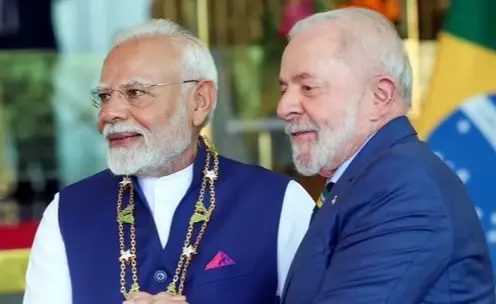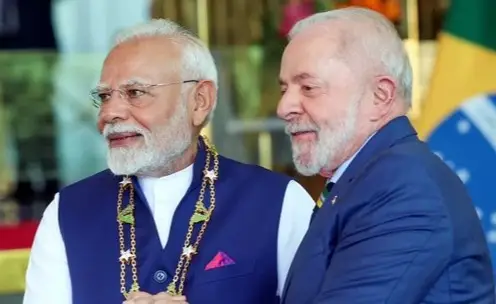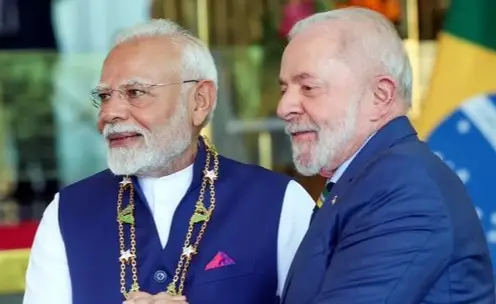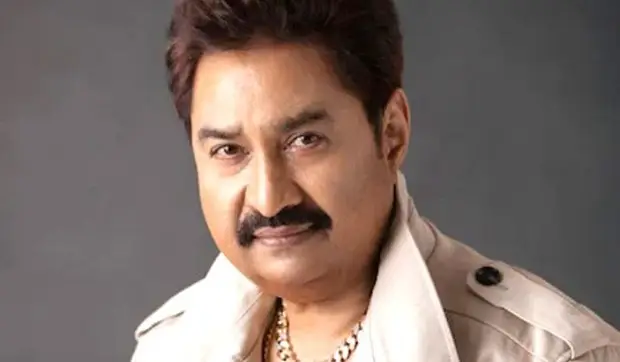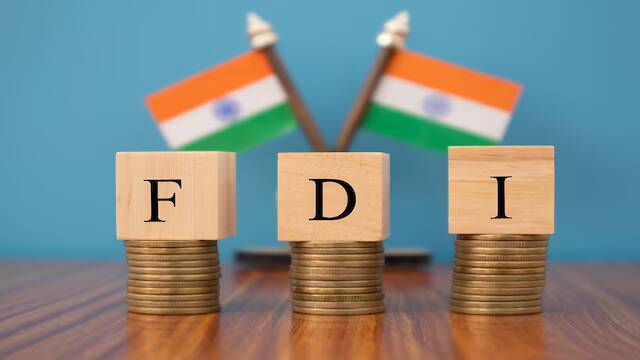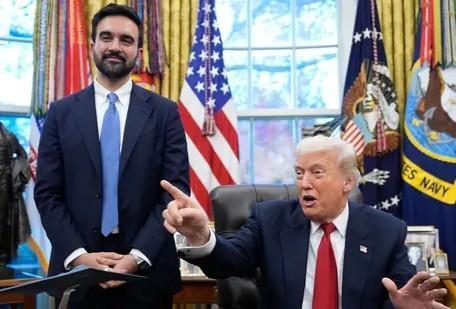
This is how must democracy work: Tharoor on Trump-Mamdani meeting
The recent meeting between US President Donald Trump and New York City mayor Zohran Mamdani has sparked a wave of interest and discussion among politicians and citizens alike. The cordial and cooperative tone of the meeting has been particularly noteworthy, with many hailing it as a model for how democracy should function. One such voice is that of Congress leader Shashi Tharoor, who took to social media to express his admiration for the meeting and its implications for democratic governance.
According to Tharoor, the Trump-Mamdani meeting is a shining example of how democracy should work. “This is how democracy should work,” he tweeted. “Fight passionately, argue with conviction, and campaign vigorously in elections, but once the elections are over, learn to cooperate with each other, put aside your differences, and work together for the common good.” Tharoor’s comments reflect a deep understanding of the principles of democracy and the importance of cooperation and collaboration in achieving the greater good.
Tharoor’s statement is particularly significant in the context of Indian politics, where the culture of cooperation and bipartisanship is often lacking. In India, politics is often marked by intense partisanship and a winner-takes-all approach, with little room for compromise or cooperation. This can lead to a polarized and divisive political environment, where different parties and ideologies are pitted against each other in a zero-sum game.
Tharoor’s comments suggest that this approach is not only unhealthy but also undemocratic. By emphasizing the importance of cooperation and collaboration, Tharoor is highlighting the need for a more nuanced and inclusive approach to politics, one that recognizes the value of different perspectives and opinions. This approach is essential for building a more vibrant and robust democracy, where different voices and interests are represented and heard.
The Trump-Mamdani meeting is a powerful illustration of the benefits of this approach. Despite their differences, the two leaders were able to put aside their partisan affiliations and work together on issues of common interest. This is a model that can be replicated in other contexts, including in India, where politicians from different parties can come together to address pressing challenges and promote the public interest.
Tharoor’s own efforts to promote this approach are noteworthy. As a member of the Indian Parliament, Tharoor has consistently advocated for a more cooperative and collaborative approach to politics. He has worked across party lines to promote legislation and policies that benefit the nation as a whole, rather than just his own party or constituency. This approach has earned him widespread respect and admiration, both within India and internationally.
Tharoor’s comments on the Trump-Mamdani meeting also reflect a deeper understanding of the challenges facing democracy in the 21st century. In an era of increasing polarization and division, the need for cooperation and collaboration has never been more pressing. By promoting a more inclusive and nuanced approach to politics, Tharoor is helping to build a more resilient and robust democracy, one that is better equipped to address the complex challenges of the modern world.
In conclusion, the Trump-Mamdani meeting is a powerful reminder of the importance of cooperation and collaboration in democratic governance. As Shashi Tharoor so eloquently put it, “This is how democracy should work.” By promoting a more inclusive and nuanced approach to politics, we can build a more vibrant and robust democracy, one that is better equipped to address the challenges of the 21st century. As Tharoor himself noted, “Would love to see more of this in India – and am trying to do my part.” We can only hope that his efforts will inspire others to follow in his footsteps, and that the spirit of cooperation and collaboration will become a hallmark of Indian politics in the years to come.
